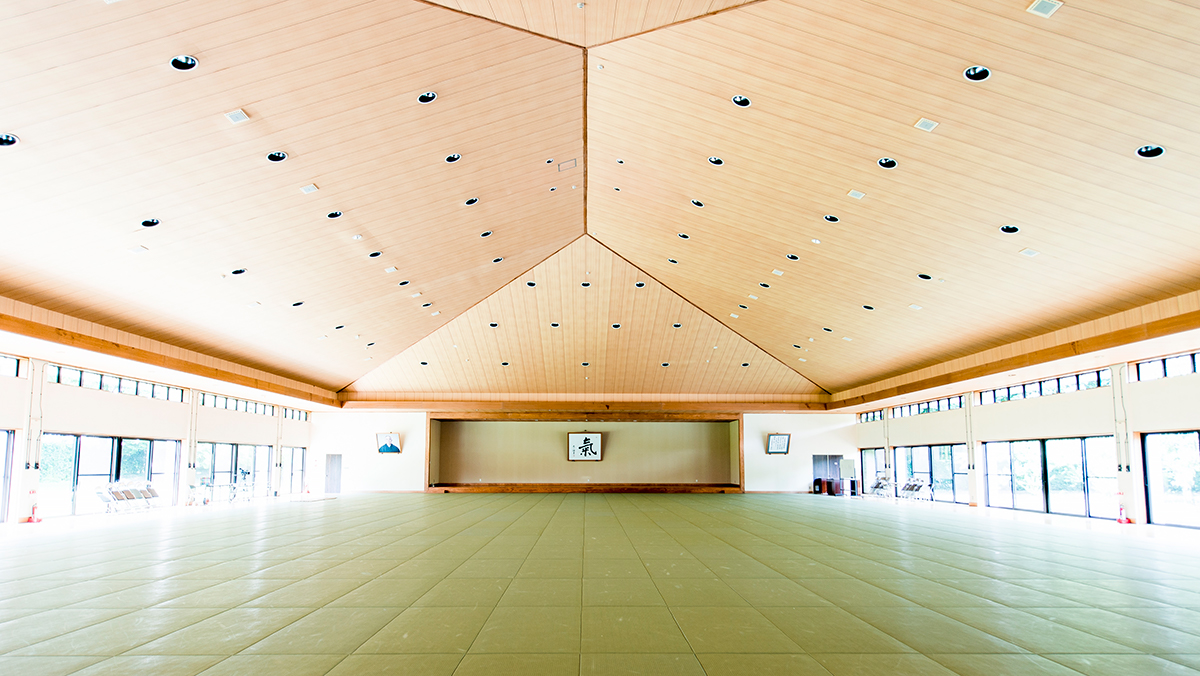I have been teaching University students for over 20 years. Lately, I have noticed some changes in their feelings, their way of thinking, and their views.
However, I do not want to talk about “Things getting worse compared to the students 20 years ago…” There are some better things and some worse things, compared to the students in earlier years.
The important thing, is to recognize the differences and lead them accordingly.
For instance, I have found that, in recent years, more students freeze when they face something which they have not been expecting. Particularly when they get a strong warning, or when they are corrected, or scolded, by others, they freeze and fail to respond. They might know that they are wrong, but they are so immobile that they cannot even apologize.
In most cases, they simply do not know what to answer and so freeze. Unfortunately, some see this as an attitude of indecisiveness or even defiant behavior. This tends to make people frustrated and things get worse.
The reasons why students freeze may come from sickness or trauma, but other than that, the reason is the stuckness of Ki movement, as a result of being confronted by an unexpected situation. Daily training in the dojo can be very helpful for this.
Please imagine you are training Ki Aikido on the mat, and your partner suddenly comes to attack you. When you consider how you should move, your movement stops and you freeze. You cannot say “Wait!” in real life, if someone attacks you. You have to do something to guard yourself immediately.
If you have the idea of “when someone attacks this way, throw this way” in your mind, then when your opponent attacks you with an unexpected movement, you may not be able to react, because this “thinking what to do next” causes a stuckness in Ki movement.
So, calm your mind, open to all possibilities, feel your opponent, and then you can move promptly without this stuckness of Ki.
Children who tend to freeze up when something unexpected occurs, can also improve their behavior by training on the mat. It will be very important for them to protect themselves.
Let’s return to the topic of communication.
The reason why the students freeze when facing an unexpected situation, is because they are trying to think “How should I react? What is the right answer for me now?” As soon as they start this kind of thinking, Ki movement is stuck.
The more they think “I do not want to be scolded”, or “I am afraid to embarrass myself”, the more they freeze.
In this case, you need to practice how to move Ki in the dojo, and try to change your way of thinking.
There are some who are unable to react when other people take an action, and this habit may cause them to freeze in emergencies.
Those who do not respond to others or who only react on their own timing, may need some training.
“Never freeze” is one of our important themes of practicing at dojo. I would like to continue training with our members together in this way.

